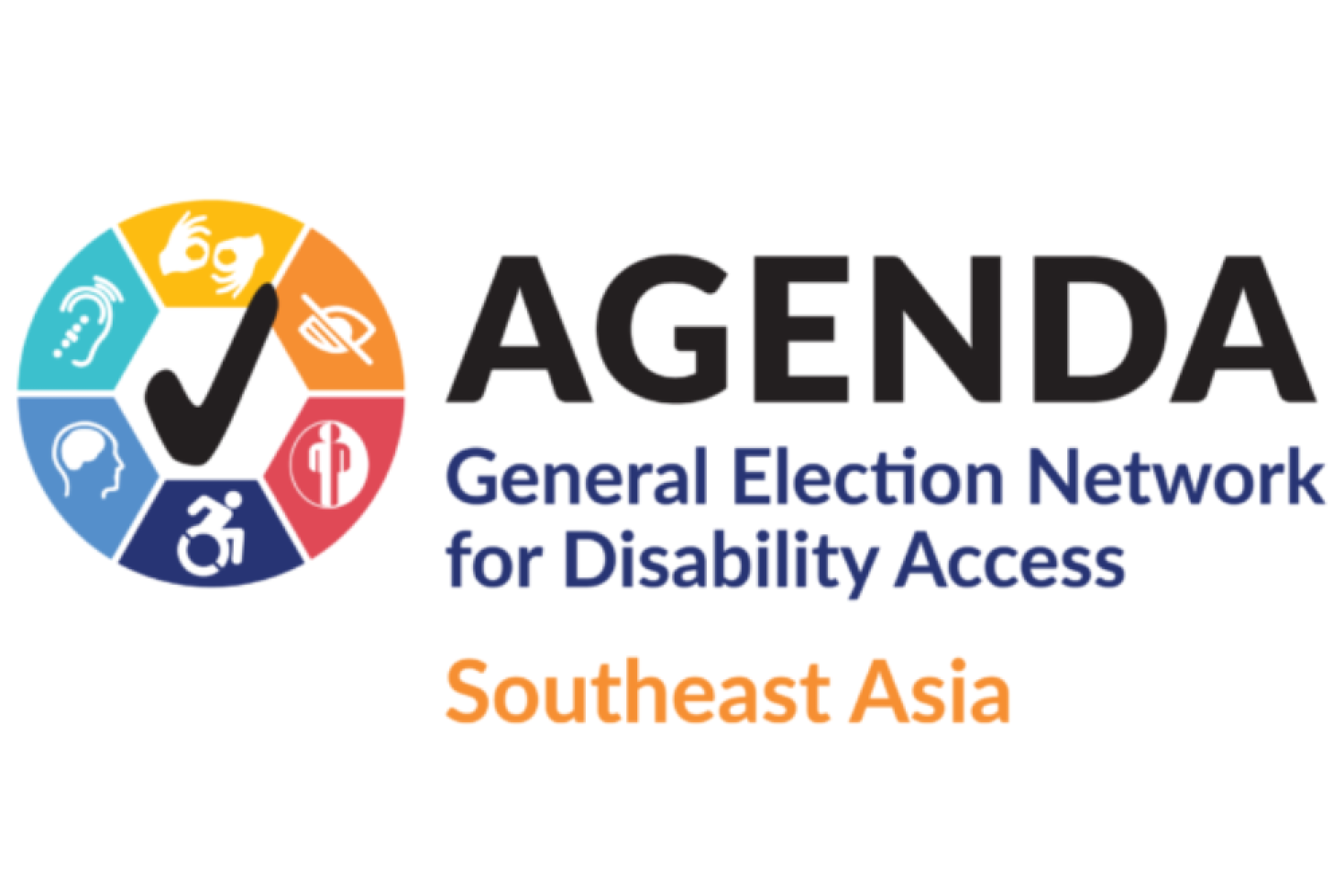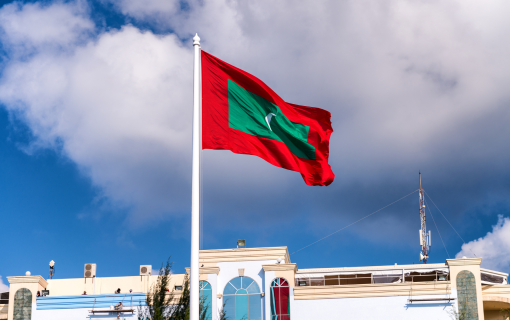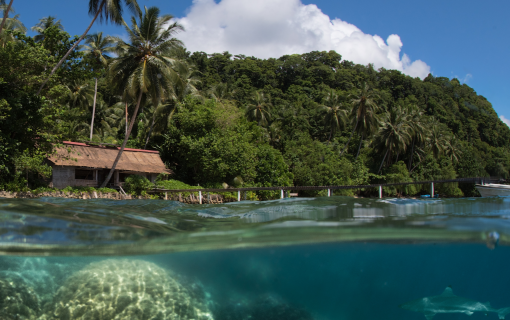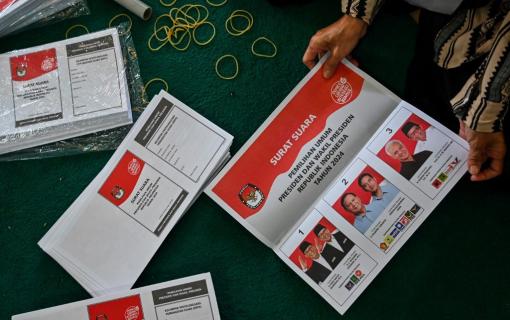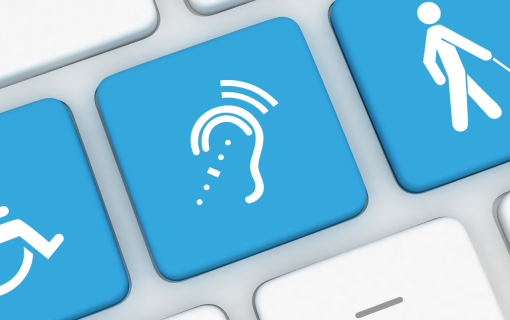AGENDA – General Election Network for Disability Access Election Monitoring Mission for Presidential Election
PRELIMINARY MONITORING RESULTS AS OF 1 PM
The Association of Southeast Asian Nations General Election Network for Disability Access (AGENDA) conducted an election monitoring mission today for the presidential election in Indonesia. The election monitoring mission focused only on aspects of accessibility for persons with disabilities.
Findings
AGENDA will release a full election monitoring report in around two weeks. AGENDA observed a total of 225 polling stations and interviewed 166 people with disabilities and 225 KPPS (polling station staff) members. Preliminary findings include the following:
- 146 (66%) of polling stations had level access (i.e., there are no stairs, steps, carpets or other barriers)
- 186 polling stations had an entrance width that was at least 90 cm to allow easy access for wheelchair users
- A Braille template, produced by the KPU (Komisi Pemilihan Umum/General Election Commission), was provided in 138 (64%) of the polling stations visited by our observers
- 83 (52%) of the voters with disabilities interviewed by AGENDA stated that the information about the voting process that they received at the polling station was “good”
- 108 (67%) of the voters with disabilities interviewed by AGENDA stated that the service quality and helpfulness of the polling staff towards persons with disabilities was “good”
The election monitoring mission
For the presidential election on July 9, AGENDA deployed 300 election observers in the field, covering 5 provinces: Aceh, DKI Jakarta, Central Java, South Kalimantan and South Sulawesi. Each province is covered by 60 observers who received a two-day training to prepare them for their mission. Half of the election monitors, organized by AGENDA partner Jaringan Pendidikan Pemilih untuk Rakyat (JPPR), were persons with disabilities and 50% of the observers were female. Three different checklists/surveys with 72 questions in total were used by the monitors. The operation was coordinated from Jakarta with a coordination team of 10 and 20 data entry clerks in the call center who were in constant contact with the field.
About AGENDA
AGENDA engages with governments, electoral commissions and political parties in Indonesia. AGENDA has become the leader in the promotion of political rights of persons with disabilities, with recognition from the Association of Southeast Asian Nations, several of its member states as well as various bodies of the United Nations. AGENDA is a coalition of several civil society organizations (CSOs) and disabled people’s organisations (DPOs) in Southeast Asia to promote electoral rights of persons with disabilities. It aims to improve access to political and electoral opportunities for persons with disabilities in Southeast Asia with a main focus on Indonesia. The collaborative network among DPOs and CSOs focuses on monitoring and strengthening political processes in Indonesia, the Philippines, Malaysia, Vietnam, Laos, Cambodia, Thailand, and Myanmar. AGENDA is funded by the Commonwealth of Australia with support from the International Foundation for Electoral Systems (IFES).
Conclusions
Based on our preliminary monitoring results, the tentative conclusions are mixed: on the one hand, it seems that the accessibility of polling stations for persons with disabilities has improved compared to previous elections. There also appears to be considerable improvements regarding the knowledge of KPPS polling staff about the specific needs of voters with disabilities. A large majority of voters also state that they perceive the KPPS staff as being helpful and service-oriented.
However, much still remains to be done in order to make elections in Indonesia accessible for all: although regulations require the General Election Commission (Komisi Pemilhan Umum, KPU) to select accessible locations for polling stations, one-third of all polling stations still have barriers like stairs, making it difficult for persons with physical disabilities to access the polling station. Likewise, one-third of polling stations have failed to comply with the requirement to provide Braille templates for voters with visual disabilities. Overall, more than one-third of voters report that they have experienced some kind of difficulties during the voting process.
For further information, please contact: Risna Utami (rutami@agendaasia.org / +62 (0) 82137293816) or M. Afifuddin (mafifudin@agendaasia.org or +62 (0) 878 8460 2060).
Homepage: agendaasia.org
Twitter: @agendaasiaorg
Facebook: Agenda.ElectionAccess




